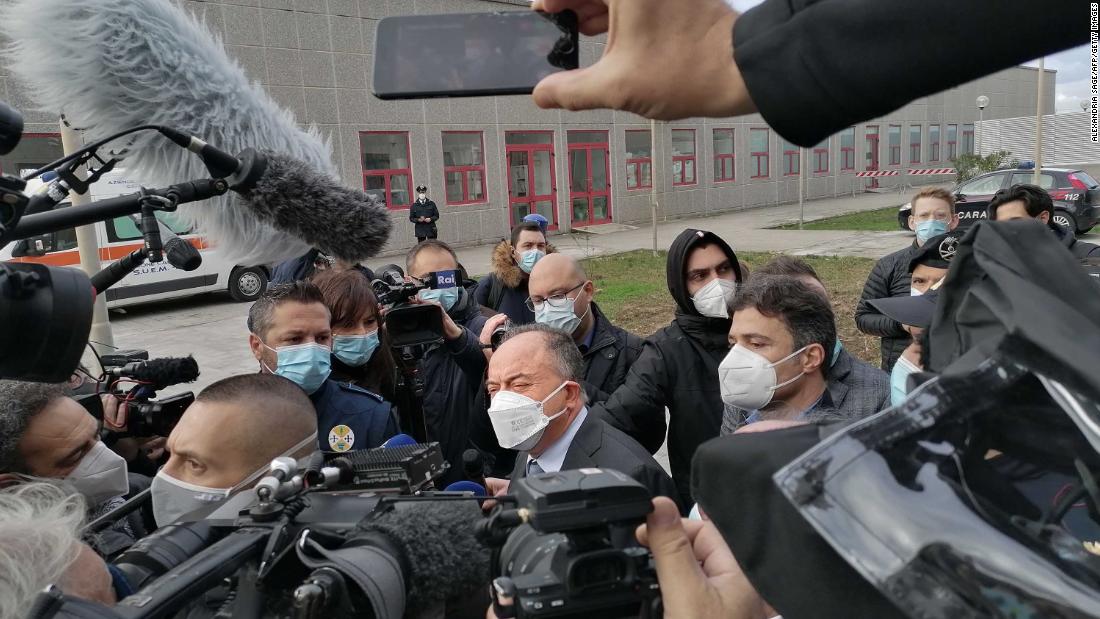
The trial takes place in a converted call center in the Calabrian city of Lamezia Terme, with defendants placed in metal cages and rows of offices set up for hundreds of lawyers, prosecutors, journalists and spectators expected to participate.
Many of the accused are white-collar workers, including lawyers, accountants, businessmen, local politicians and police officers, about whom Chief Prosecutor Nicola Gratteri says he willingly helped “Ndrangheta build his criminal empire.
Speaking to reporters as he entered court, Gratteri said the investigation encouraged locals to speak out.
“In the last two years we have seen an increase in lawsuits from oppressed entrepreneurs and citizens, victims of usury, people who have lived for years under the threats of ‘Ndrangheta,'” said the prosecutor, who has spent more than 30 years fighting. the crowd.
The state will call 913 witnesses and use 24,000 hours of intercepted conversations to support countless allegations.
Gratteri said the trial is expected to last a year, and the court is set to stay six days a week.
Another 92 suspects opted for a speedy trial in the same case, with hearings set to begin later in January, while a much smaller group of defendants will be tried in February for five crimes – including the murder of a mafia assassin who He was shot dead because he was gay, prosecutors say.
The last time Italy tried hundreds of suspected mobsters was in Palermo in 1986 in a case that marked a turning point in the fight against Cosa Nostra, marking the beginning of the group’s sharp decline.
The process had a huge impact, as it targeted many mafia families. The Calabrian process focuses primarily on a single group – the Mancuso clan in the province of Vibo Valentia – leaving untouched much of the upper hierarchy of the “Ndrangheta”.
“The road ahead is still very long, but we must not give up because there are thousands of people who believe in us. We cannot disappoint them,” Gratteri told Reuters.